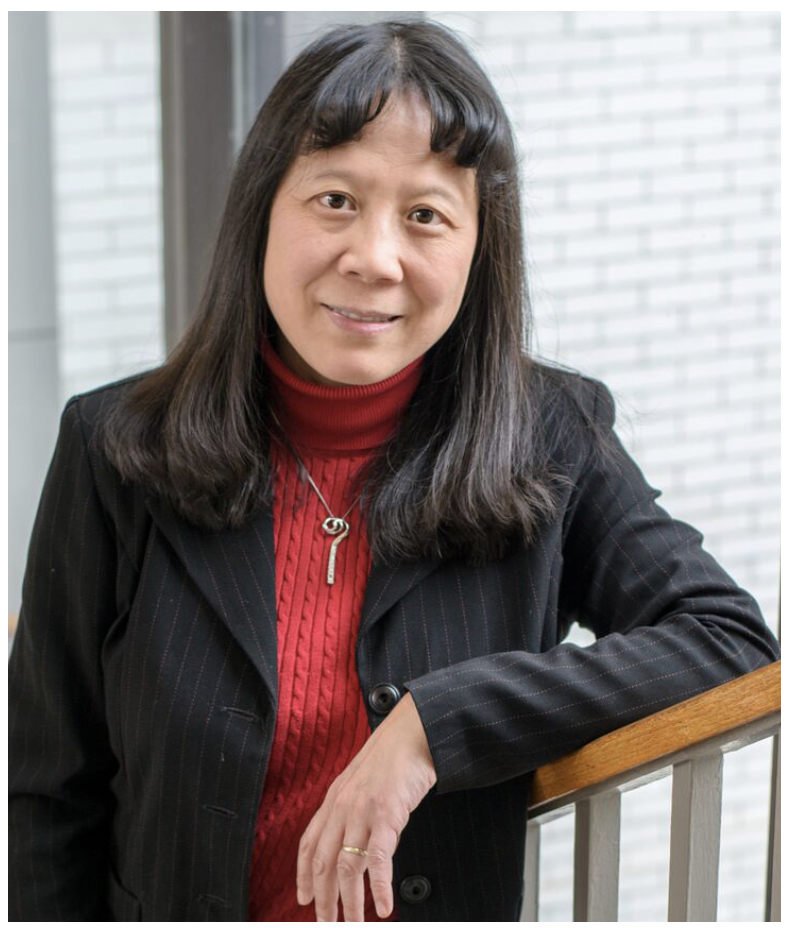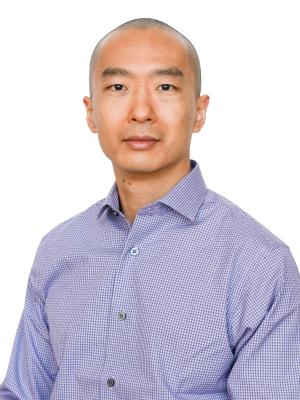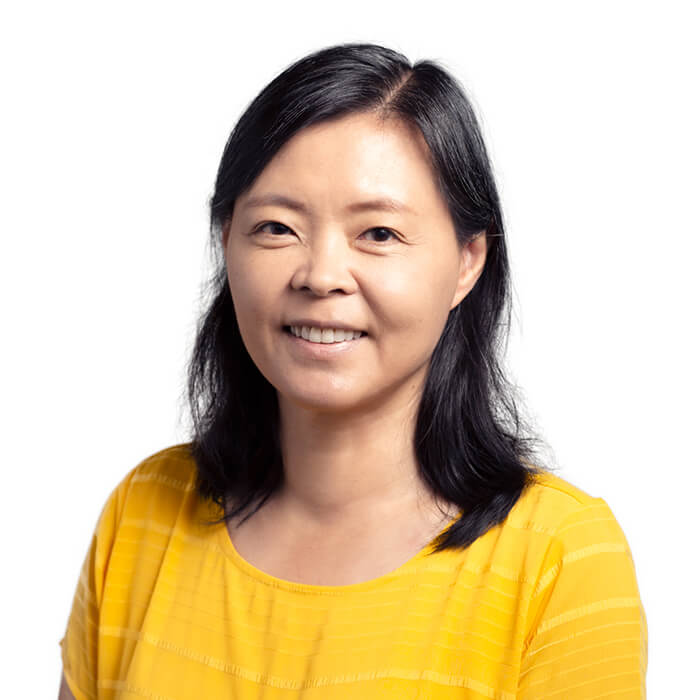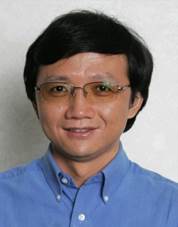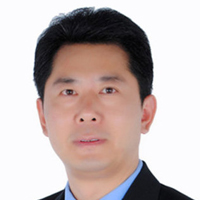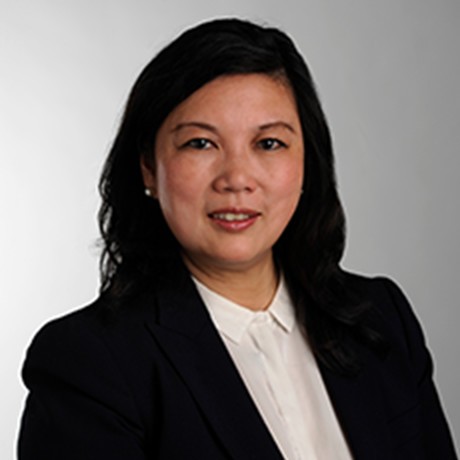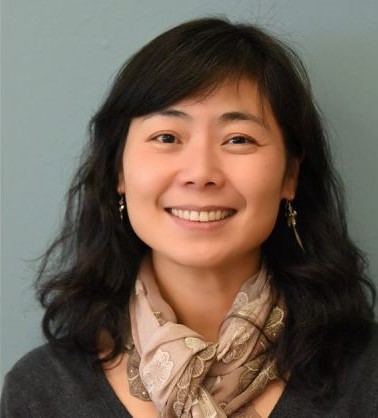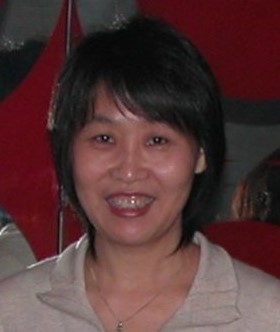
INVITATION FROM THE PRESIDENT
The Seattle Chinese Biomedical Association (SCBA) is turning 30 in 2023. A 30th anniversary celebration is slated for Saturday, October 7th, 2023 at the Bellevue Club, located at 11200 SE 6th St, Bellevue, WA 98004. The SCBA Board sincerely invites you to join the ceremonial gala banquet starting at 6:00 pm in the Olympic Ballroom.
Founded in 1993, SCBA has served over a thousand Chinese life sciences scholars as they establish or transition their careers in the Pacific Northwest. Our members and associates have made seminal contributions in genomics, structural biology, stem cell biology, immunology, bioengineering, systems biology, cancer biology, and translational sciences both in the States and in China.
The unprecedented pandemic and escalating geopolitical tension in the past few years have created a grave barrier for effective communications among our community. The SCBA Board has proudly assembled a stellar lineup of outstanding speakers and panelists from academic and industrial settings for the 30-year celebration. This will be a wonderful opportunity to meet with fellow scientists, physicians, and entrepreneurs and to reflect on ones’ career and/or life over the last 30 years.
We cordially invite you to come share your experience, career, and leadership, to inspire our members, especially the younger generation. Please join us to celebrate 30 years of academic excellence and entrepreneurship of SCBA! We look forward to seeing you in the evening of October 7th, at the Bellevue Club.
The preliminary program can be found at: http://scbahome.org/scba30. Please register before September 30th 2023. Feel free to send a message to Office@scbahome.org have you had any questions.
Warm regards,
Qiang Tian (田强), MD, PhD
President of SCBA
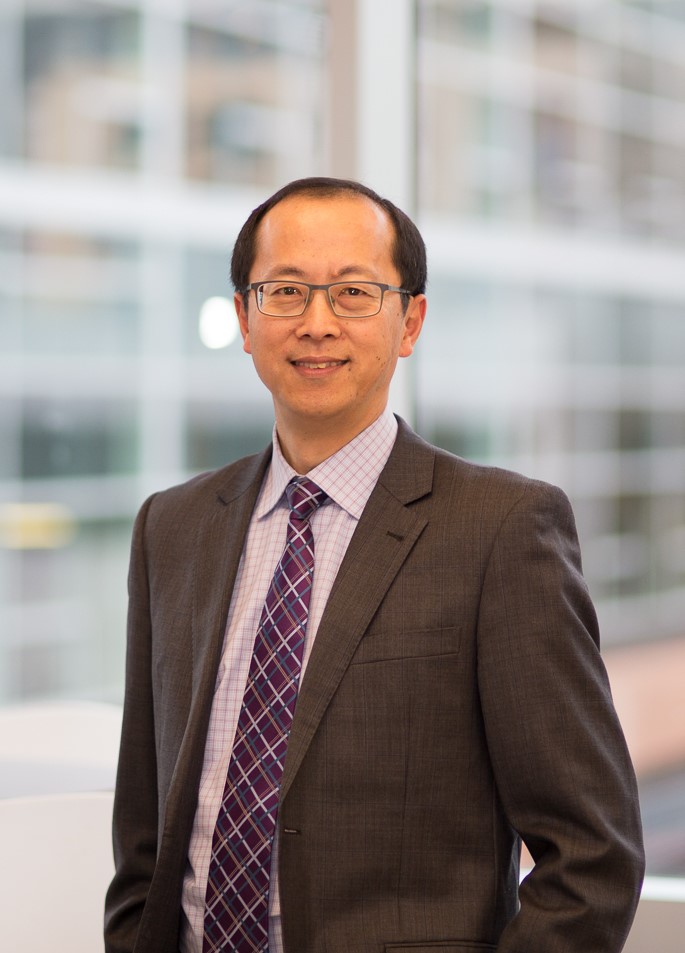
AGENDA



October 7th, 2023 Saturday
SCBA 30th Anniversary Celebration & Gala Banquet
Venue: Bellevue Club, Olympic Ballroom
11200 SE 6th st, Bellevue, WA 98004
12:45 Check-in and Registration
I: Academic Seminars (1:15 -3:00 PM)
1:15 – 1:30 Qiang Tian (Opening remarks)
1:30 – 2:00 Xihong Lin (Professor, Harvard University)
2:00 – 2:30 Yijie Geng (Assistant Professor, University of Washington)
2:30 – 3:00 Hongkui Zeng (EVP, Director of the Allen Institute for Brain Science)
II: Coffee Break (3:00 – 3:20 PM)
III: Industrial Panel Discussion (3:20 – 4:45 PM)
Panelist:
Leming Shi (President, Shanghai International Human Phenome Institute)
Hua Mu (Head of China and Acting CMO, Zenas Biopharma)
Peony Yu (CMO, Apollomics)
Shan Jiang (Vice President, Pharmaceutical Sciences, Seagen)
Yan Liang (Senior Director, Pathology, NanoString)
Lena Yao (Director of Business Development, Pharmaron)
IV: Workshop – By Novotech (4:45-5:00 PM)
Topic:
State of the Global Biotech Landscape: Where the opportunities lie.
V: Cocktail Social (5:00 – 6:00 PM)
VI: Gala Dinner (6:00 – 9:00 PM)
6:00 – 6:20 Keynote speaker: Leroy Hood
6:20 – 9:00 Gala Dinner & socializing
8:50 – 9:00 Closing remarks (Qiang Tian)
REGISTRATION
FOR ONLINE REGISTRATION, PLEASE GO TO EVENT REGISTRATION (no longer available) PAGE TO REGISTER FOR THE EVENT AND MAKE PAYMENT AS INSTRUCTED. WE ACCEPT ON-SITE REGISTRATION AS WELL.
Fee options
-
Participation in 30-year celebration is FREE (Oct 7 afternoon event sessions I-IV only, no evening gala banquet or cocktail social attendance); We recommend you to still register for the event for our counting purpose.
-
Gala banquet: membership required, $50 ($30 gala banquet+ $20 one-year membership).
-
Oct 7 annual conference attendance without gala dinner or membership: FREE.
![]()
DISTINGUISHED SPEAKERS
Xihong Lin (林希虹), PhD
Member of the National Academy of Sciences, Professor and Coordinating Director of the Program in Quantitative Genomics, Harvard University
“Integrative analysis of large biobank-scale whole genome sequencing data and multi-omics functional data.”
Xihong Lin is Professor and Former Chair of the Department of Biostatistics, Coordinating Director of the Program in Quantitative Genomics at the Harvard T. H. Chan School of Public Health, and Professor of the Department of Statistics at the Faculty of Arts and Sciences of Harvard University, and Associate Member of the Broad Institute of Harvard and MIT.
Dr. Lin’s research interests lie in the development and application of scalable statistical and machine learning methods for the analysis of massive data from the genome, exposome and phenome, including big and complex genetic and genomic, epidemiological and health data. Some examples of her current research include analytic methods and applications for large scale Whole Genome Sequencing studies, biobanks and Electronic Health Records, techniques and tools for whole genome variant functional annotations, analysis of the interplay of genes and environment, multiple phenotype analysis, polygenic risk prediction and heritability estimation. Additional examples include integrative analysis of different types of data, Mendelian Randomization, causal mediation analysis and causal inference, federated and transferred learning, single cell genomics, analysis of epidemiological and complex observational studies, and analysis of COVID-19 epidemic data. Dr. Lin’s theoretical and computational statistical research includes statistical methods for testing a large number of complex hypotheses, causal inference, statistical and ML methods for large matrices, prediction models using high-dimensional data, federated and transferred learning, cloud-based statistical computing, and mixed models, nonparametric and semiparametric regression, and statistical methods for epidemiological studies.
Yijie Geng (耿一介), PhD
Assistant Professor, University of Washington School of Public Health
“What makes us social creatures: the molecular basis of social behavior.”
Dr. Yijie Geng is Assistant Professor in the Department of Environmental & Occupational Health Sciences at the University of Washington School of Public Health. He received his BS in biological sciences and bioengineering from Tsinghua University and his PhD in cell and developmental biology from University of Illinois at Urbana-Champaign. He completed his post-doctoral research at Harvard and University of Utah, focusing on using chemical biology and machine learning to study environmental impacts on social behavior.
Dr. Geng is broadly interested in elucidating the molecular basis of social behavior in health and diseases. In particular, a current focus of the Geng lab is to understand how environmental factors influence social behavior and its related mental illnesses such as autism spectrum disorder. His work integrates model organisms (zebrafish and rodents), chemical biology (high-throughput chemical screening) and toxicology, machine learning, genetics, neuroscience, and translational medicine, with the goal of introducing a new research paradigm into the field of environmental toxicology for mental illnesses.
Hongkui Zeng (曾红葵), PhD
Member of the National Academy of Sciences, Executive Vice President, Director, Allen Institute for Brain Science
“Understanding Brain Cell Type Diversity.”
Hongkui Zeng is the Executive Vice President and Director of the Allen Institute for Brain Science. She joined the Allen Institute for Brain Science in 2006 and became Executive Vice President Director of the Allen Institute for Brain Science in 2020. From 2016 to 2020, she led the Structured Science Division to develop and operate high-throughput pipelines to generate large-scale, open-access datasets and tools to accelerate neuroscience discovery. Since joining the Allen Institute, she has also led several research programs, including the Transgenic Technology program, the Human Cortex Gene Survey project, the Allen Mouse Brain Connectivity Atlas project, and the Mouse Cell Types and Connectivity program. Zeng received her Ph.D. in molecular and cell biology from Brandeis University, where she studied the molecular mechanisms of the circadian clock in fruit flies. Then as a postdoctoral fellow at Massachusetts Institute of Technology, she studied the molecular and synaptic mechanisms underlying hippocampus-dependent plasticity and learning. Her current research interests are in understanding neuronal diversity and connectivity in the mouse visual cortical circuit and how different neuronal types work together to process and transform visual information. She has broad scientific experience and a keen interest in using a combined molecular, anatomical and physiological approach to unravel mechanisms of brain circuitry and potential means for treating brain diseases.
![]()
INDUSTRIAL PANELISTS
Leming Shi (⽯乐明), PhD
President, Shanghai International Human Phenome Institute
Hua Mu (牟骅), PhD
Head of China and Acting CMO, Zenas Biopharma
Peony Yu (余健鸿), MD
CMO, Apollomics
Shan Jiang (江⼭), PhD
Vice President, Pharmaceutical Sciences, Seagen
Yan Liang (梁燕), PhD
Senior Director, Pathology, NanoString
Lena Yao (姚约), PhD
Director of Business Development, Pharmaron
BANQUET KEYNOTE SPEAKER
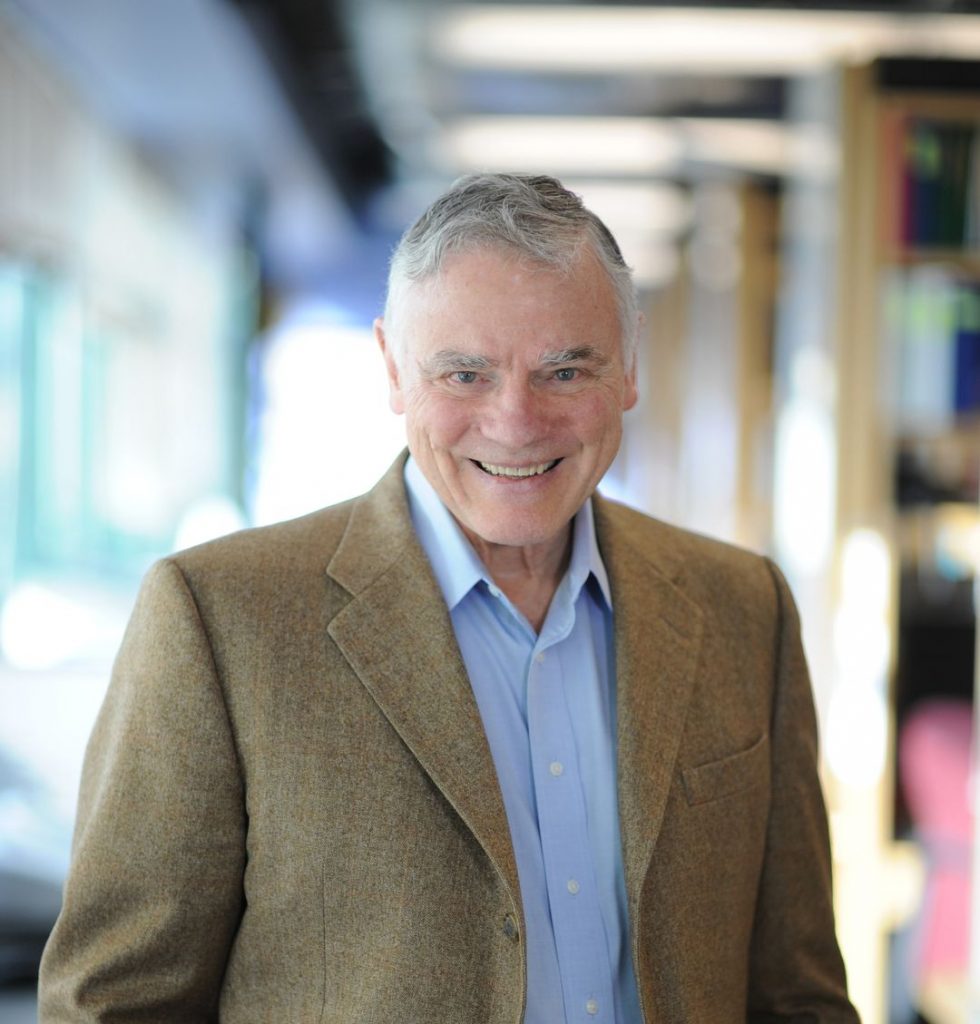
Lee Hood, MD, PhD
“The future of healthcare: the one million person genome/phenome project.”
Dr. Lee Hood is a world-renowned scientist and recipient of the National Medal of Science in 2011, Dr. Leroy Hood co-founded the Institute for Systems Biology (ISB) in 2000 and served as its first President from 2000-2017. In 2016, ISB affiliated with Providence St. Joseph Health (PSJH) and Dr. Hood became PSJH’s Senior Vice President and Chief Science Officer. He is also Chief Strategy Officer and Professor at ISB. Dr. Hood is a member of the National Academy of Sciences, the National Academy of Engineering, and the National Academy of Medicine. Of the more than 6,000 scientists worldwide who belong to one or more of these academies, Dr. Hood is one of only 20 people elected to all three.
He received his MD from Johns Hopkins University School of Medicine and his PhD in biochemistry from Caltech. Dr. Hood was a faculty member at Caltech from 1967-1992, serving for 10 years as the Chair of Biology. During this period, he and his colleagues developed four sequencer and synthesizer instruments that paved the way for the Human Genome Project’s successful mapping and understanding of the human genome. He and his students also deciphered many of the complex mechanisms of antibody diversification. In 1992, Dr. Hood founded and chaired the Department of Molecular Biotechnology at the University of Washington, the first academic department devoted to cross-disciplinary biology.
Dr. Hood has co-founded 17 biotech companies including Amgen, Applied Biosystems, Rosetta and Arivale. His many national and international awards include the Lasker Prize, the Kyoto Prize, and the National Medal of Science. Currently, he is the CEO of Phenome Health and Co-Founder and Professor at the Institute of Systems Biology in Seattle.
![]()
SPONSORS

Sino Biological is a leading biotechnology company, driven by unwavering commitment to the highest standards and cutting-edge quality management systems. We're trusted by researchers in academia and industry as their preferred source for top-tier recombinant bioreagents, including quality antibodies, proteins, and cDNA clones. We constantly introduce new product lines for research areas like cell and immunotherapy of cancer, stem cells, organoids, neurodegenerative diseases, and metabolic disorders. Our CRO services offer high-throughput antibody development and advanced recombinant membrane protein expression platforms (Nanodisc, VLP, detergent), while we also support pharmaceutical and biotech companies with pre-clinical production technology for monoclonal antibody drug candidates. Sino Biological is your gateway to discovery, always ready to fuel your scientific journey with enthusiasm and expertise.
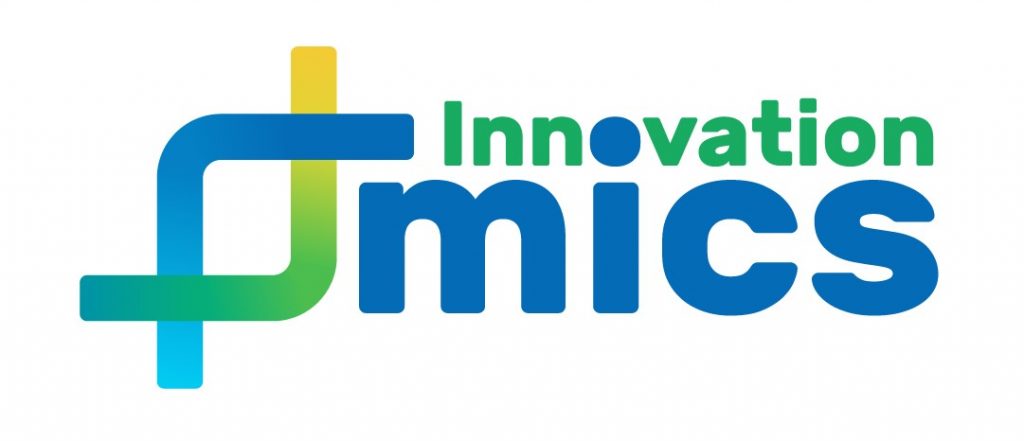
Innomics is a leading provider of global multi-omic services enabled by our comprehensive Next-Generation Sequencing (NGS) and Mass Spectrometry (MS) portfolios. We offer rapid, high-quality results at market-leading prices from our advanced NGS and MS Labs. Serving customers in academic research, pharmaceutical R&D, and disease diagnostics, we are committed to advancing technologies and applications to benefit the mankind.
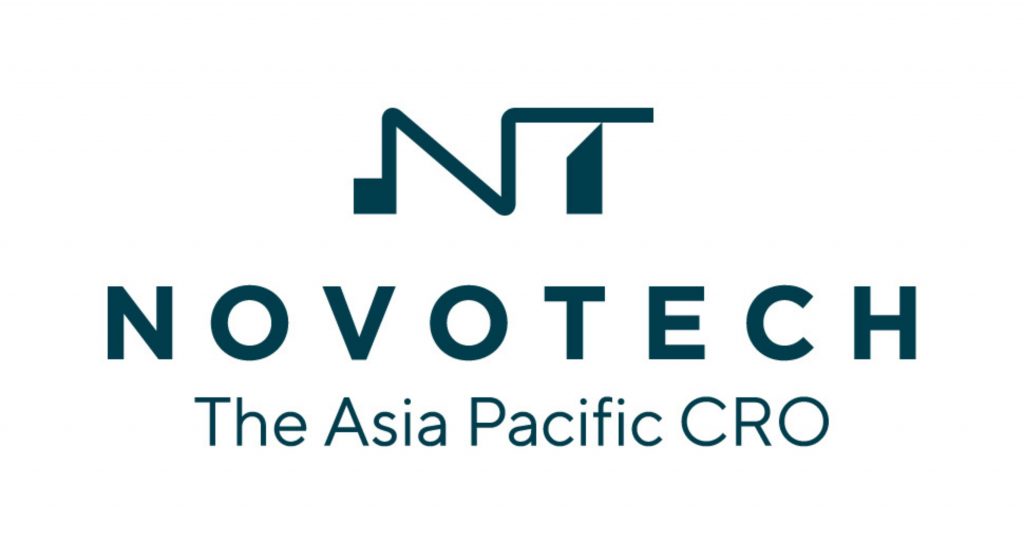
Novotech is internationally recognized as the leading Asia Pacific centred Biotech Contract Research Organization (CRO) with global execution capabilities.
Novotech is a clinical CRO with labs, phase I facilities, drug development consulting services and FDA regulatory expertise and has experience in over 5,000 clinical projects, including Phase I to Phase IV clinical trials and bioequivalence studies. Novotech is positioned to serve biotech clients conducting clinical trials in Asia Pacific, the US and Europe. Novotech has over 3000 staff globally and 34 office locations.
Website: - https://novotech-cro.com

BioDuro-Sundia is a global CRDMO supporting clients across Drug Discovery, Drug Substance, and Drug Product Manufacturing. We provide our biotech and pharmaceutical partners with fully integrated services to support their efforts from target identification through to commercial drug product manufacturing. The company is based in the US and China with more than 3,000 employees and 9 global sites across 6 cities. Our Drug Discovery services include chemistry, biology, DMPK (in vitro ADME and in vivo PK), pharmacology and oncology. Nouara Sadaoui is the Drug Discovery Business Development Director for the Northwest and happy to discuss all BioDuro-Sundia’s services to support companies programs through preclinical, IND-enabling, and stages beyond.
![]()

